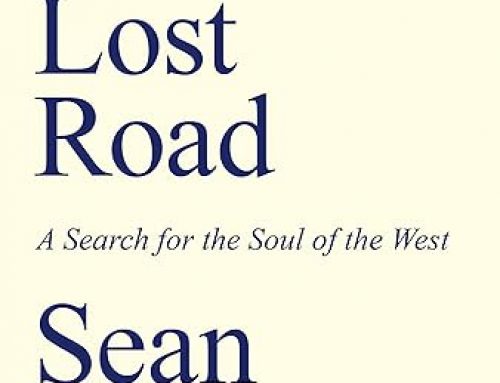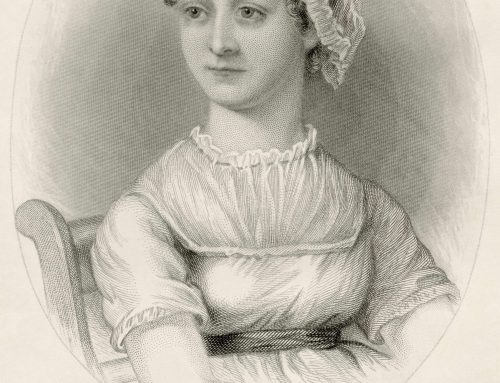

Kathryn Rose is a pastoral assistant at St John the Evangelist, Brownswood Park, London and a choral composer. She likes cycling, cats and gardening, and hates punctures!
Madeleine Delbrêl’s *The Holiness of Ordinary People* offers a profound exploration of spirituality in everyday life, providing readers with an insightful reflection on how ordinary people can live out their faith in the world. Delbrêl, a French Catholic social worker, writer, and mystic, draws from her own life experiences working in the streets of Ivry, a working-class suburb of Paris, to share her observations on the holiness found in the mundane.
One of the central themes of the book is the idea that sanctity is not reserved for the ordained or the cloistered, but can be found in the simple, day-to-day actions of regular people. Indeed, Delbrêl encourages Christian laity of all walks of life to consider their own lives as an integral part of the mission of God. She does this without resorting to the anti-clericalism of some Protestant discourse, but rather recognises that for some people, the vocation to follow Christ takes the form of ordination or religious life, and for others it takes the form of love and service in the daily lives they are already living in the world.
Delbrêl’s writing should be understood in the context of her time. At first it was jarring to me to read texts from the early 1940s which made no reference at all to fascism: but in occupied France it would have been extremely dangerous for any writer to be too critical of the Nazis. This seems fair enough, but in some of her later writings she wrote of Christians as “captive to Christ” — of true Christianity being a matter of individuals attempting to act on behalf of Christ in the world. There isn’t a whole lot of space given to how one might discern what that means when attempting to decide e.g. whether to stand up to an occupying power, or keep your head down and survive to fight another day, and I wondered at times whether Delbrêl even considered public resistance as an option. Her post-war writings do include exhortations to universal love, and specifically include Jews as people we are called to love. Nevertheless, it wasn’t always clear whether she was attempting to write in ways that were timeless and widely applicable, or simply shying away from something that many rightly see as the major issue of the mid-20th century. If you are looking for a theology of how the Holocaust could be allowed to happen by a loving God, this book is not where you will find it.
The other main area of this book which challenged me was the focus on the urban poor who don’t attend church and the idea that their conversion will happen if we simply love them enough. In the context of the time — of “mission” being largely a matter of raising money for organisations which tried to spread the Good News throughout poor, often colonised and exploited countries, the idea of mission closer to home is indeed radical. From my context today, though — a small parish church in Hackney, where a large majority of our congregation are also guests of our soup kitchen and food bank — it seems naïve to pin the numerical decline of church attendance and Christian life in urban areas only on spiritual neglect by those who are still faithful, without really acknowledging the wider systemic economic and cultural frame that leads to this situation, or the magnitude of the task of shifting this frame. When all we can do does not appear to be enough, perhaps the problem isn’t that people aren’t being prayerful enough in their daily lives or that we aren’t bearing sufficient witness to our Christian faith in our relationships with others. In fairness to Delbrêl, she didn’t actually make this diagnosis of the problem: but after around a century of hand-wringing over church attendance decline in England it is very difficult to hear “try this and people will convert” without the accusatory “people aren’t converting, so perhaps you aren’t trying hard enough” leaking through. If you are already exhausted by the attempt to bring Christ to others in your daily life, and discouraged by a disconnect between that effort and attendance at your parish church, then perhaps this is not the book for you right now: her call to obedience is stark at times. Or perhaps a reminder of how much we must let go of our own expectations and desires as we follow Christ is just the medicine that you need.
Overall, *The Holiness of Ordinary People* is a beautiful and thought-provoking book that invites readers to reconsider their understanding of holiness and to seek out sacred vocation in their ordinary lives. Madeleine Delbrêl’s wisdom and her love for God are woven through every page, making this a valuable read for anyone interested in deepening their spiritual life. Whether you are new to Delbrêl’s work or familiar with her writings, this book is sure to challenge you to live a life of greater love, service, and holiness.
Kathryn Rose
September 2024





